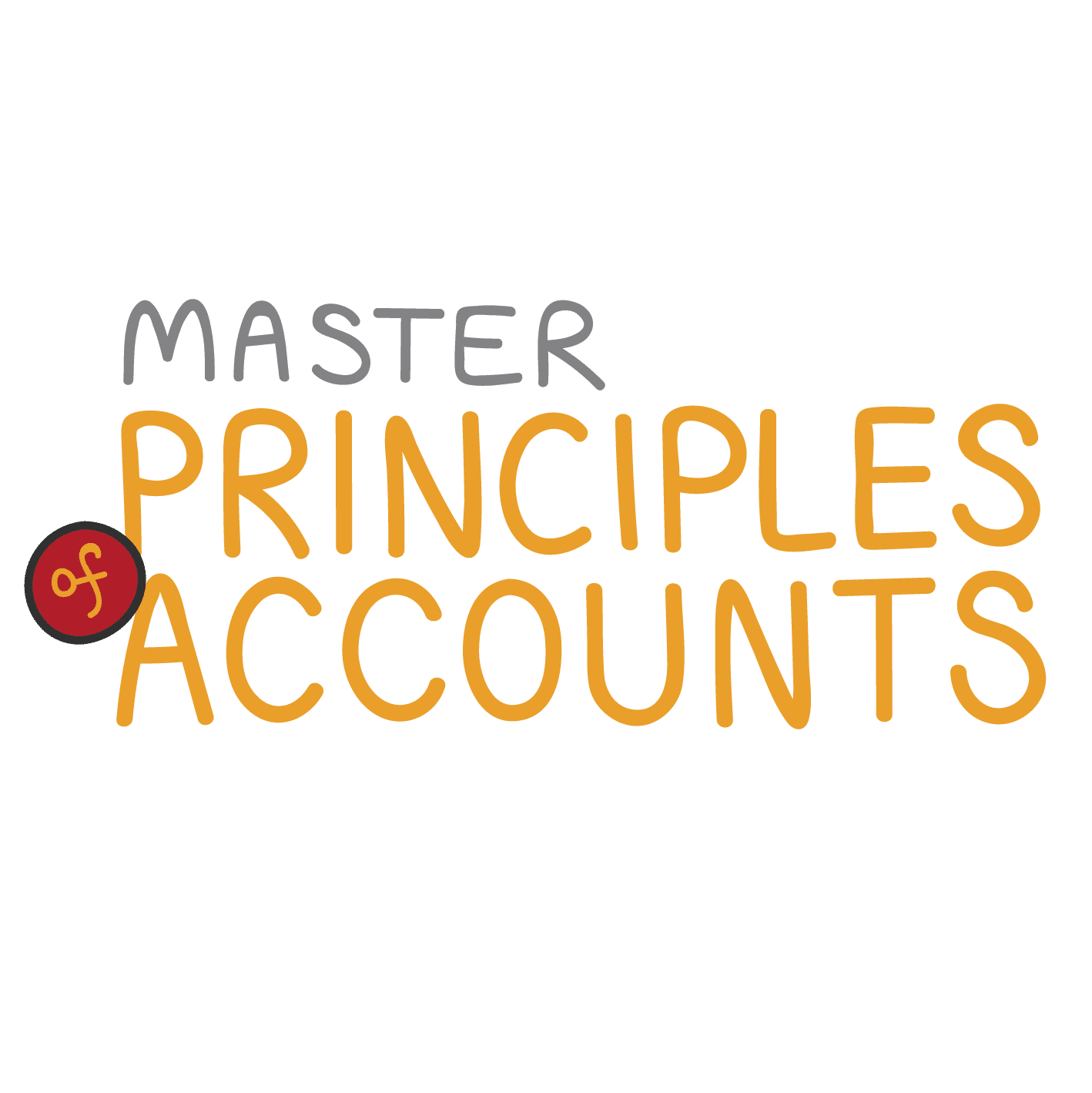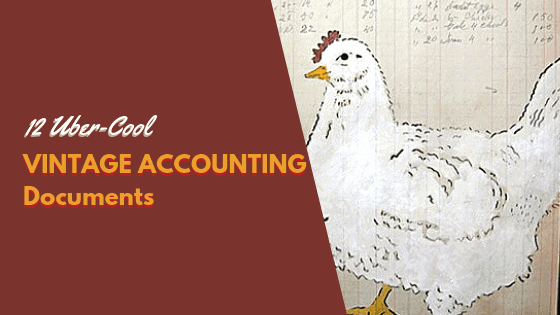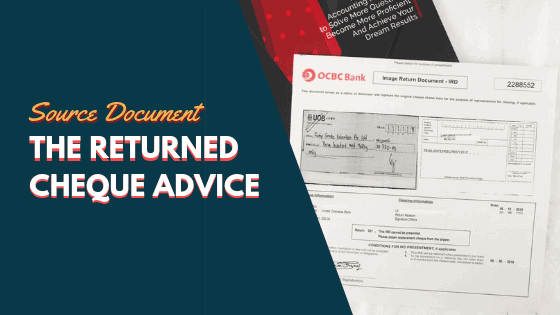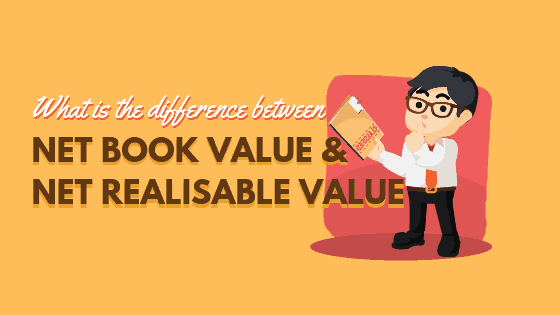2011 GCE N’ Level Principles of Accounts (POA) Paper 2 Suggested Solutions!
The GCE N’ Levels Principles of Accounts was over yesterday! Good news for our friends who are not taking O Level Emaths & D&T – happy holidays! It was an intensive weekend for my students and I as we racked our brains over the POA crash course from Friday to Sunday. We identified several questions…









